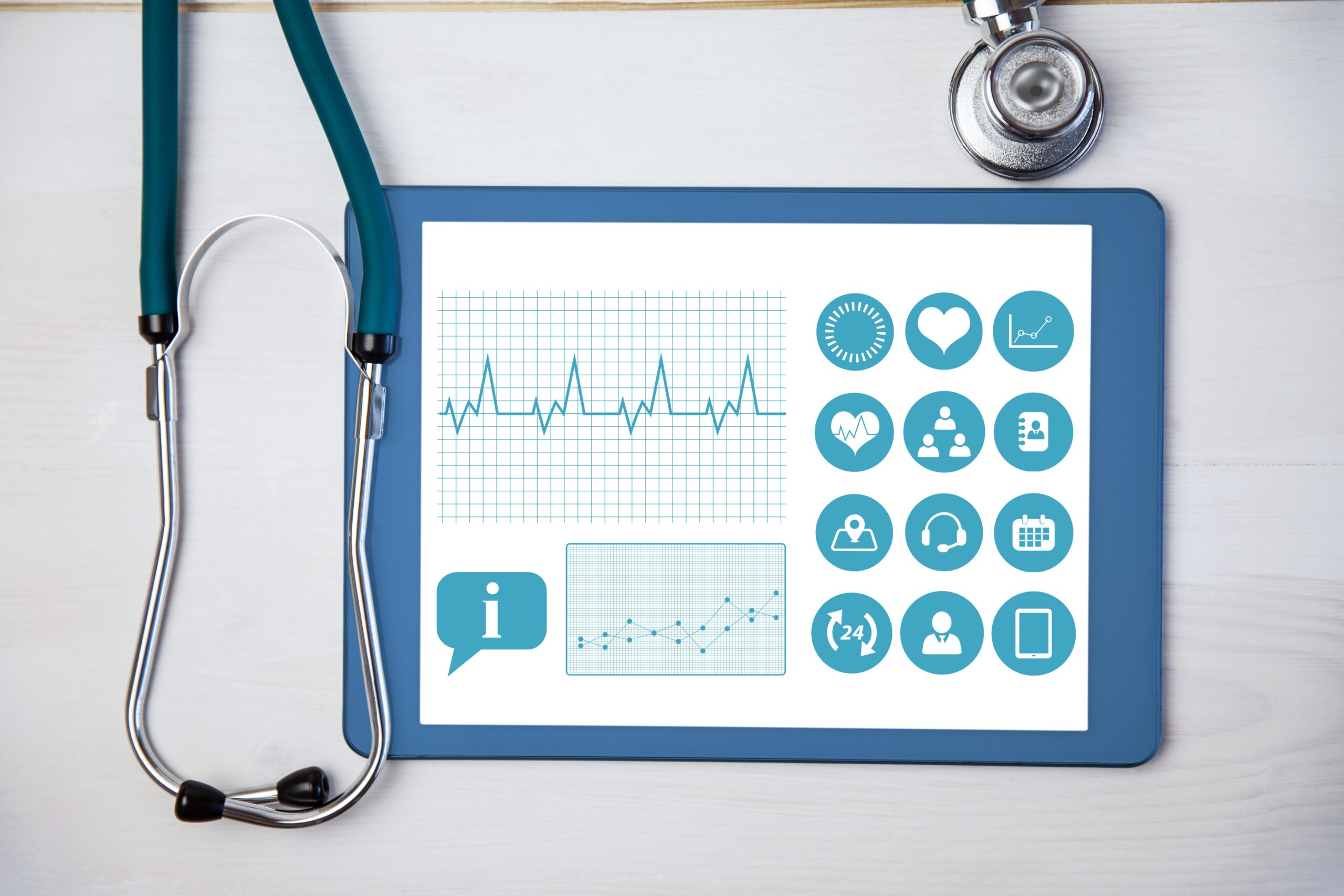Electronic Health Records (EHR) software is an unshakable cornerstone in the dynamic landscape of healthcare.
To remain competitive and provide the highest quality care, healthcare providers must adopt and leverage EHR software. Adapting to this change may seem daunting for medical practitioners and doctors running private practices.
However, choosing a comprehensive EHR system can be the key to keeping up with the industry’s shifting tides.
Current Trends in Private Practice and Ambulatory Care
As private practices and ambulatory care facilities navigate the ever-evolving healthcare landscape, staying informed about the latest trends is crucial.
The healthcare industry is witnessing notable trends and developments, including:
Increased Variety in Payment Options
Patients increasingly seek convenient, flexible billing and payment options in private practice and ambulatory care. The demand for digital payment solutions, especially among younger patients, is rising. Offering various digital payment choices enhances the patient experience and streamlines administrative processes.
Rise in Independent Practices
More private practices are taking control of their processes and administration, aided by advanced software tools like EHR systems. This underscores the value of customized, efficient, and cost-effective solutions tailored to private practice and ambulatory care settings’ unique needs.
Increased Popularity of Remote Patient Monitoring
Connected healthcare has given rise to remote patient monitoring as a crucial trend in private practice and ambulatory care. This approach allows healthcare providers to monitor patients’ well-being closely, even when they are not physically present in the office. Remote patient monitoring enhances patient care and empowers patients to take a more active role in managing their health, aligning with the growing emphasis on patient engagement and outcomes.
Increased Self-Serve Capabilities
Patients and healthcare providers increasingly seek self-serve capabilities in private practice and ambulatory care. This trend involves providing patients with tools and resources to independently manage appointments, access health information, and communicate with their healthcare providers.
Integrating self-serve capabilities enhances the patient experience and streamlines practice workflows.
Continued Demand for Virtual Care
The demand for virtual care continues to surge, driven by convenience, accessibility, and the need for remote healthcare options.
Patients increasingly seek telemedicine services, and private practices are expanding their virtual care offerings. This trend aligns with the broader push for telehealth, allowing practices to efficiently serve patients remotely.
How EHR Software Can Help You Keep Up With a Changing Industry
Advanced EHR software is essential to keep up with dynamic trends in private practice and ambulatory care. Here’s how EHR technology enables your practice to stay agile in the evolving healthcare landscape:
Integration and Interoperability
EHR systems seamlessly integrate with other healthcare systems, facilitating data sharing between providers and institutions. This interoperability aligns with the trend of connected healthcare, enabling collaborative patient care.
Collaborative patient care results in better-informed decisions, ultimately leading to improved patient outcomes.
Customizable Templates
EHR systems offer customizable templates tailored to your practice’s specific needs. This adaptability ensures compliance with evolving documentation requirements, regulations, and standards.
Cloud Technologies
Many EHR systems leverage cloud technology, ensuring data accessibility from anywhere. This is especially valuable in remote care and the growing reliance on digital platforms for patient information and care coordination.
Improved Communication and Documentation
EHR software enhances staff and patient communication, streamlining documentation processes. This efficiency aligns with the trend of greater practice management efficiency.
Greater Efficiency and Documentation
EHR systems automate various tasks and improve documentation processes, significantly boosting practice efficiency. This is essential as practices strive to maintain high-quality care while optimizing resource utilization.
Increased Patient Engagement
EHR systems provide tools for enhancing patient engagement, in line with the trend of more active patient involvement in their healthcare journeys. Secure communication and patient record access empower patients to take an active role in their care, contributing to better health outcomes.
Accurate Medical and Patient Information
One of the fundamental advantages of advanced EHR systems is providing precise medical and patient data. This empowers providers to track patient information effectively, identify symptoms and health risks, make accurate diagnoses, and create individualized treatment plans. Accurate information availability significantly reduces the potential for mental and medical errors.
Access to More Medical Information
With an EHR system, you can access a wealth of medical information at your fingertips, aiding in the diagnosis and treatment process. Accessing a vast medical data repository enhances the diagnostic process, keeping your practice up-to-date with the latest medical research and treatment options.
Enhanced Diagnostic Scenarios
EHR systems empower your practice to stay at the forefront of medical advancements by facilitating data-driven decision-making. This enhances diagnostic accuracy, enabling early detection and more tailored treatment strategies, ultimately elevating the standard of care you provide to your patients.
Improve Provider Productivity
EHR systems enhance provider productivity by simplifying access to essential information. Chart summaries, lab results, referral summaries, and past encounter summaries are easily accessible, reducing administrative burdens and freeing up time for patient care.
Accurate Billing and Coding
Accurate billing and coding are essential for practice revenue. EHR systems ensure precise billing and coding information, leading to accurate reimbursements and increased cost savings. Maintaining precision in billing and coding enables revenue cycle management and safeguards your practice’s financial health.
Key Takeaways: Benefits of Picasso by Doc-Tor
When managing a private medical practice, efficiency, accuracy, and seamless patient care are paramount. Picasso by Doc-Tor is a comprehensive software solution designed to address the unique needs of your practice. It offers an array of features that simplify daily operations and enhance the quality of care you provide to your patients.
Incorporating advanced EHR software is an investment in adaptability, efficiency, and enhanced patient care. Embrace the future of healthcare management with EHR software to keep up with the evolving industry.
Private practices and ambulatory care facilities must adapt as the healthcare industry transforms. EHR software is crucial, offering accurate patient data, streamlined charting and billing, and improved communication and documentation.
To stay competitive, consider implementing EHR software. For more information, or to schedule a demo, contact Doc-tor.com.

